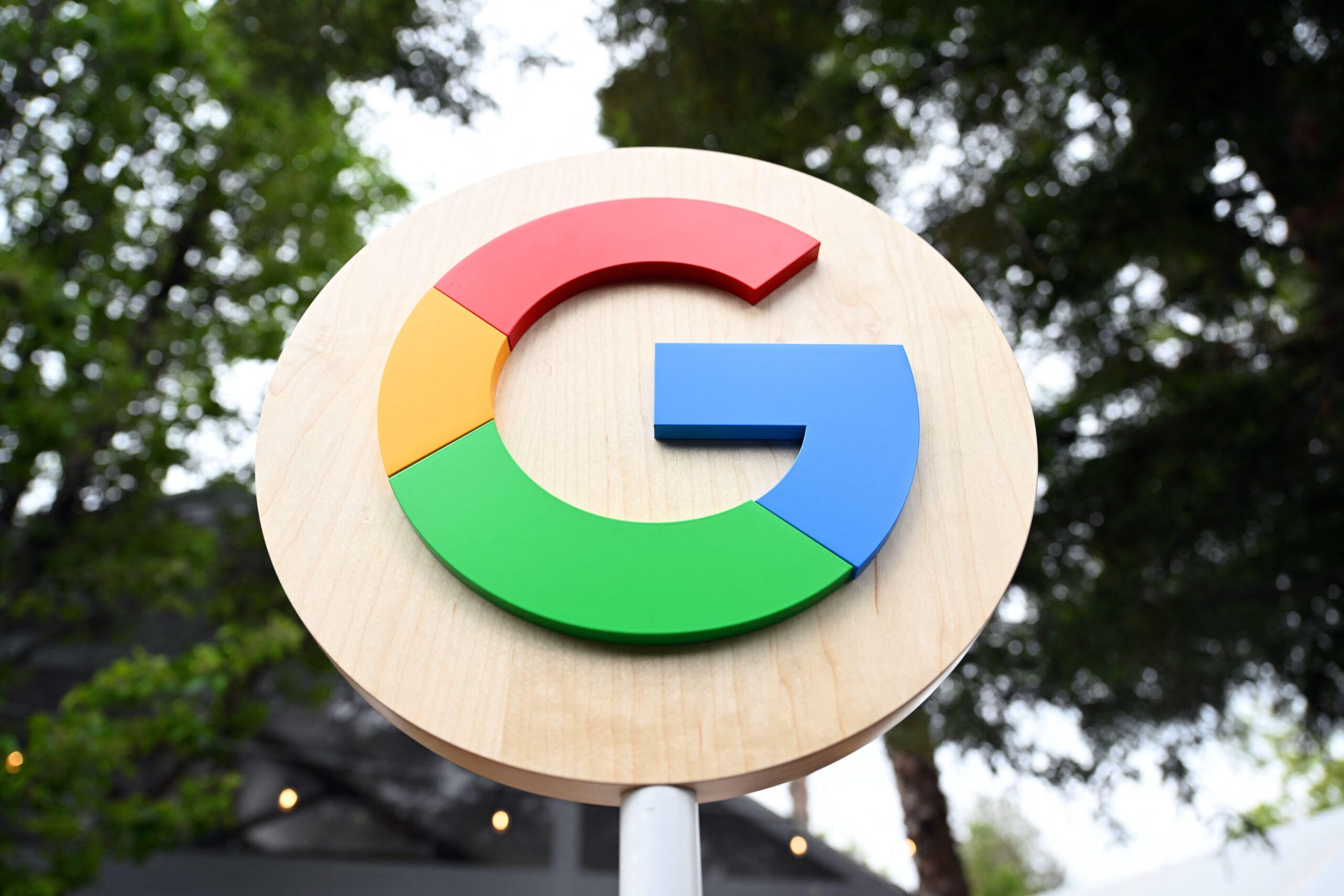For over two decades, Google has been the dominant force in the world of search engines, processing billions of queries daily. Its name has become synonymous with online search, to the point where “googling” is now a verb in common parlance. However, the rapid advancement of artificial intelligence (AI) technologies, particularly AI-powered chatbots like ChatGPT, Perplexity, and Gemini AI, is ushering in a new era of information retrieval. This evolution raises a critical question: Could AI-driven tools eventually replace traditional search engines like Google?

The Rise of AI Chatbots in Information Retrieval
Traditional search engines operate by indexing vast amounts of web content and presenting users with a list of links that may contain the information they seek. This method often requires users to sift through multiple sources to find precise answers. In contrast, AI chatbots utilize natural language processing and machine learning to understand and generate human-like responses, providing users with direct, concise, and contextually relevant answers.
Why Users Are Turning to AI Chatbots
Several factors contribute to the growing preference for AI chatbots over traditional search engines:
- Direct Answers: AI chatbots can deliver immediate, straightforward responses without the need for users to navigate through multiple web pages.
- Contextual Understanding: Advanced AI models comprehend complex or ambiguous queries more effectively, offering nuanced answers that traditional search algorithms might struggle to provide.
- Personalization: AI chatbots can tailor responses based on individual user preferences and past interactions, enhancing the relevance of the information provided.
- Multitasking Capabilities: AI can synthesize information from various sources, enabling it to handle multifaceted queries and provide comprehensive answers.
These advantages are leading users to increasingly rely on AI chatbots for their information needs, signaling a potential shift in how we access and consume information online.
Google’s Response: Introducing AI Overviews
Recognizing the transformative potential of AI in search, Google has begun integrating AI-generated summaries, known as AI Overviews, into its search results. These overviews aim to provide users with concise answers directly on the search page, reducing the need to click through to external websites.
Impact on SEO and Website Traffic
The introduction of AI Overviews has significant implications for search engine optimization (SEO) and website traffic:
- Potential Traffic Reduction: Websites may experience a decline in organic traffic as users obtain the information they need directly from Google’s AI summaries, bypassing the need to visit external sites.
- Shift in SEO Strategies: To remain visible, content creators must adapt their SEO approaches to align with AI-driven search features, focusing on structured data and AI-friendly content formats.
- Citation Practices: Google’s AI Overviews often include citations to original sources, which can still drive traffic to authoritative websites. However, the extent of this benefit varies and depends on Google’s implementation and user behavior.
The Ongoing Role of Traditional Search Engines
While AI chatbots are revolutionizing information retrieval, traditional search engines like Google continue to play a crucial role. Several factors ensure their ongoing relevance:
- Comprehensive Resource Access: Search engines provide access to a vast array of information, including niche topics and specialized databases that AI chatbots may not fully encompass.
- Transactional Searches: For queries involving transactions, such as shopping or booking services, traditional search engines offer integrated tools and features that facilitate these processes.
- User Trust and Familiarity: Many users trust established search engines for accurate and unbiased information, a trust that has been built over years of reliable service.

Challenges and Considerations in AI-Driven Search
The integration of AI into search introduces several challenges and considerations:
- Accuracy and Reliability: AI chatbots can sometimes produce incorrect or misleading information, known as “hallucinations,” which raises concerns about their reliability as primary information sources.
- Ethical Implications: The ability of AI to generate persuasive yet potentially false information necessitates ethical considerations regarding its deployment in information retrieval.
- Impact on Content Creators: As AI-generated summaries become more prevalent, content creators may need to find new ways to ensure their work reaches audiences, potentially affecting revenue models reliant on web traffic.
Conclusion: A Synergistic Future
The rise of AI chatbots represents a significant evolution in how we access information, offering benefits such as direct answers and personalized experiences. However, traditional search engines like Google are adapting by incorporating AI technologies, indicating a future where AI and traditional search coexist and complement each other.
For users, this means more options and potentially more efficient ways to find information. For content creators and businesses, it underscores the importance of adapting to new technologies and evolving SEO strategies to maintain visibility in an AI-enhanced search landscape.
As AI continues to develop, its role in information retrieval will undoubtedly expand, but it is unlikely to completely replace traditional search engines in the near future. Instead, we can anticipate a more integrated approach, leveraging the strengths of both AI chatbots and traditional search to meet the diverse needs of users worldwide.
Sources:
- AI Search Has A Citation Problem – Columbia Journalism Review
- AI Overviews: What Are They & How Do They Affect SEO? – Semrush
- How Google’s new AI Overviews affect website optimisation – IBM iX
- Will AI Replace Search Engines? – Web Ascender
- Google AI Overviews: What Do They Mean for Search? – Digital Marketing Institute
- Will AI Chatbots Replace Traditional Search Engines? – iCrossing
- I Ran 100s of Queries to Find Out If AI Chatbots are Better Than … – HubSpot
